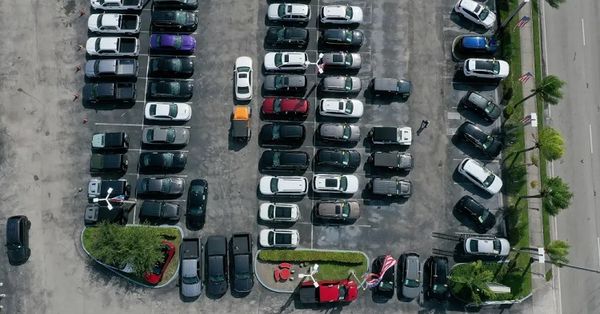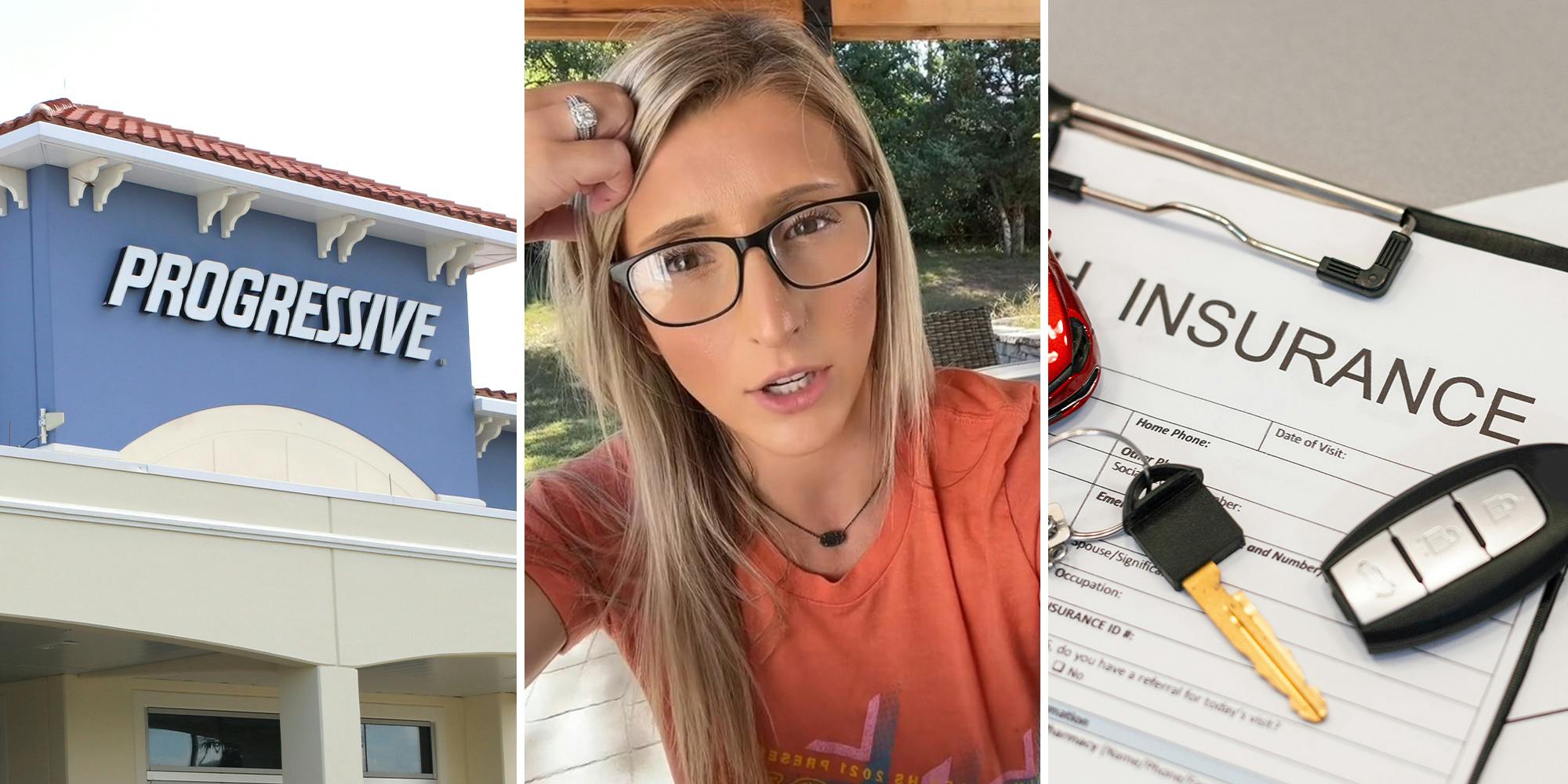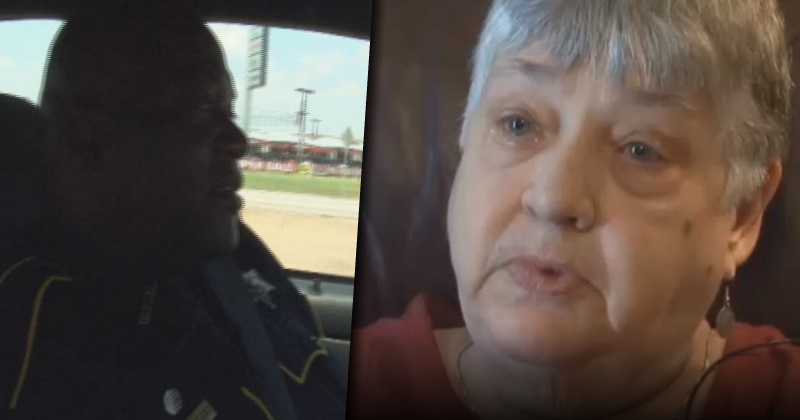
It’s a disheartening fact that car thefts have increased by a shocking 20% nationwide in the past year, according to fresh FBI data. This alarming rise in criminal activity raises serious concerns about the safety of our vehicles. To make matters worse, certain car models from brands like Dodge, Land Rover, and BMW have been identified as prime targets for criminals, as indicated by a vehicle safety rating agency.
The FBI’s recent annual crime report, released just this Monday, paints a grim picture of our nation’s security. In 2022 alone, a staggering 721,852 car thefts were reported. This number represents a significant increase from the 601,453 incidents reported in 2021 and an even more astonishing jump from the 2020 figure of 420,952 recorded during the early stages of the pandemic.
According to the Highway Loss Data Institute, the top 10 most-stolen cars include three Dodge muscle cars and two Kias. Topping this unfortunate list for 2022 was the Dodge Charger SRT Hellcat, with a staggering 6,128 theft claims. Following closely behind was the more affordable Dodge Charger HEMI, implicated in 2,197 theft claims.
Other notable models on the list include Infiniti’s Q50 midsize sedan and the classic Dodge Challenger, securing the third and fourth positions respectively. The high-end Land Rover Range Rover 4dr 4WD, starting at $95,150, also experienced its fair share of troubles, with 611 theft claims.
The remainder of the list showcases the persistency of theft crimes, with additional Kia models, a Land Rover Range Rover Sport 4dr 4WD, a BMW X6 4dr 4WD, and a Honda CR-V SUV. These statistics have caught the attention of law enforcement agencies and experts, who are now exploring the reasons for this spike in car thefts.
Interestingly, some experts have attributed the rise in car thefts to a viral TikTok challenge that encourages young individuals to steal Kia and Hyundai vehicles for joyrides. These alarming trends, known as “performance crime,” involve viral videos on TikTok teaching people how to start these cars using USB cables and exploiting security vulnerabilities in select models sold in the US. Most cars have engine immobilizers, a standard feature since the 1990s that prevents the engine from starting without the key. Unfortunately, some models lack this crucial security feature.
Although efforts have been made by Hyundai to collaborate with TikTok and other platforms to remove these videos, new ones continue to surface, leading to fresh waves of thefts across the country.
Recent statistics from the NYPD show a shocking 24% increase in grand larceny auto reports in August compared to the same month in 2022. The National Highway Traffic Safety Administration has also linked this trend to at least 14 crashes and eight fatalities. Some lawyers suing the carmakers argue that the number of fatalities may be even higher.
Numerous police departments have reported an increase in juvenile arrests and charges related to car thefts. It is a concerning trend linked to these motor vehicle-related performance crimes.
However, criminology experts caution against hasty conclusions. They suggest that the involvement of teenagers in these crimes, which began during the pandemic, may be artificially inflating the statistics due to their inexperience.

Nevertheless, one thing is clear: this situation highlights the dangers of social media content that seeks viral fame. The consequences of this crime wave have been nothing short of tragic. In one instance in Milwaukee, a stolen Kia collided with a school bus, leaving a 15-year-old in critical condition. Four 14-year-olds, one of whom was allegedly behind the wheel, were later arrested in connection with the incident.
As a nation, we must address this car theft epidemic urgently. Both law enforcement agencies and automakers need to take action and be accountable. Criminals are finding innovative ways to exploit vehicle vulnerabilities, so it is imperative that steps are taken to enhance vehicle security and protect the safety of our communities.






